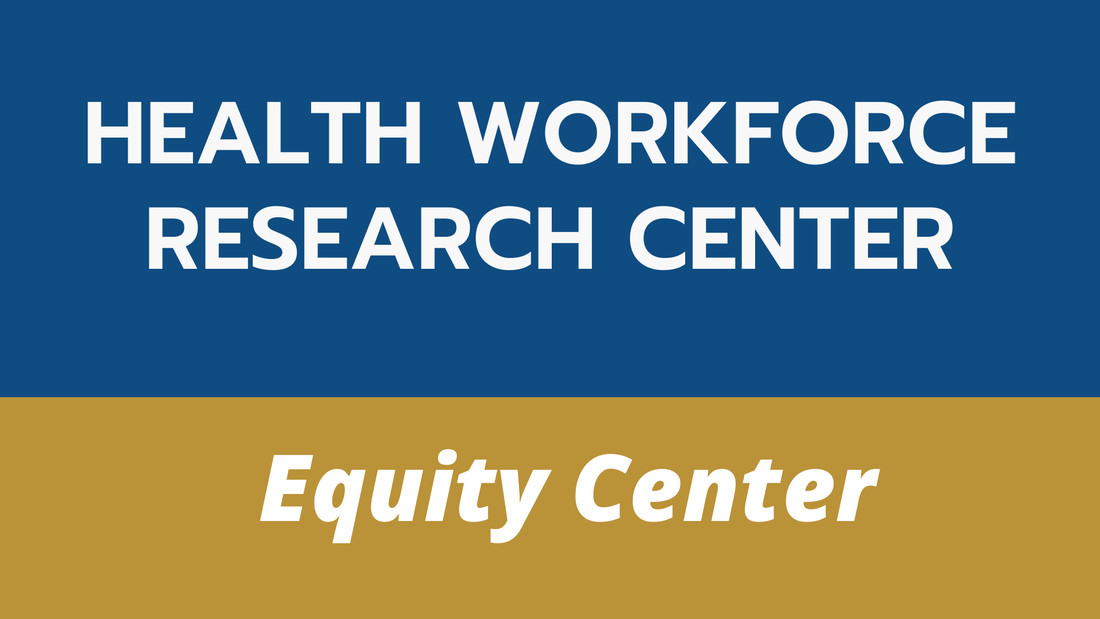You are here: Home >> Research >> Health Workforce Research Centers >> Equity in Health Workforce Education & Training >> 2020 Completed Studies
2020 Completed Studies
|
A Website Assessment of Interprofessional Education at Newly Established Medical School
Consensus guidance recommends that IPE in health professions education should be required, longitudinal, involve learning opportunities with other health professions students, and include real-world, experiential elements. The objective of this study was to assess IPE at newly established medical schools within the context of these recommendations, based on publicly available information published on schools’ websites. For questions about this study, contact Margaret Ziemann. Related Products: Building a Social Mission Research Agenda: Reviewing the Literature, Identifying Gaps, & Planning Ahead
The purpose of this study was to summarize the research on social mission in health professions education, identify evidence gaps and areas for additional inquiry, and discuss the resources and strategies needed to catalyze the advancement of a social mission research agenda and infrastructure. For questions about this study, contact Clese Erikson. Related Products:
Does Variation in State Nursing Education Regulations Matter?
This study aimed to identify policies states can adopt to improve nursing licensure pass rates by examining the relationships among state policies and nursing program-level characteristics to educational quality outcomes. For questions about this study, contact Patricia Pittman. Related Products:
Effects of Completing a Postgraduate Residency or Fellowship Program on Primary Care Nurse Practitioners’ Transition to Practice
This study sought to examine the effect of completing a postgraduate residency or fellowship program on role perception, practice autonomy, team collaboration, job satisfaction, and intent to leave among primary care nurse practitioners (PCNPs). For questions about this study, contact Patricia Pittman. Related Products:
Residency Training in Community Health Centers: Implications for Staffing, Service, Quality of Care, and Provider Productivity
Community-based residency programs are an important strategy to address rural and underserved primary care shortages. Health centers engaged in residency programs report both benefits and challenges to training. This study aimed to understand the impact of the new Teaching Health Center (THC) residency programs on health center provider staffing, patient service, quality of care, and provider productivity. For questions about this study, contact Candice Chen. Related Products:
Social Mission in Health Professions Accreditation
Accreditation in health professions education influences institutions’ practices and policies, ever-evolving to ensure high-quality education that meets the needs of patients and society. Health professions institutions are beginning to examine their approach to educating health care leaders to advance health equity through their social mission commitments. Social mission is the contribution of the school in its mission, programs, and the performance of its graduates, faculty, and leadership in advancing health equity and addressing the health disparities of the society in which it exists.” This study examined the scope of social mission content in major U.S. and Canadian health professions accreditation standards. For questions about this study, contact Sonal Batra. Related Products:
|
-
Disclaimer
<
>
These projects were supported by the Bureau of Health Workforce (BHW), National Center for Health Workforce Analysis (NCHWA), Health Resources and Services Administration (HRSA) of the U.S. Department of Health and Human Services (HHS) as part of an award totaling $450,000, with zero percent financed with non-governmental sources. The contents are those of the author[s] and do not necessarily represent the official views of, nor an endorsement by HRSA, HHS, or the U.S. Government.

